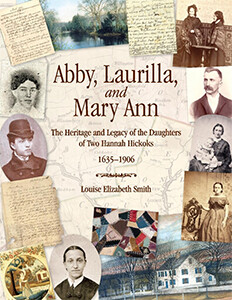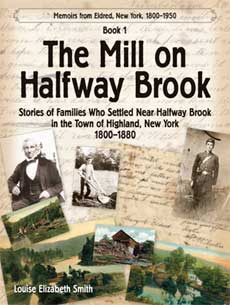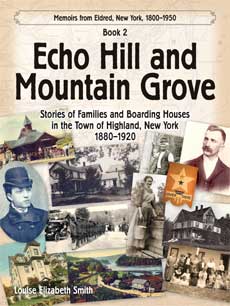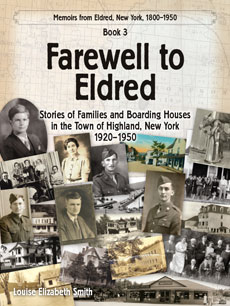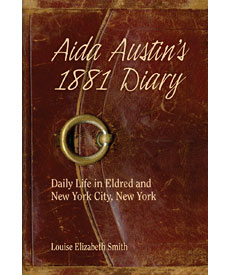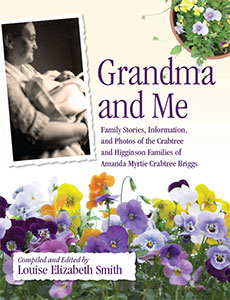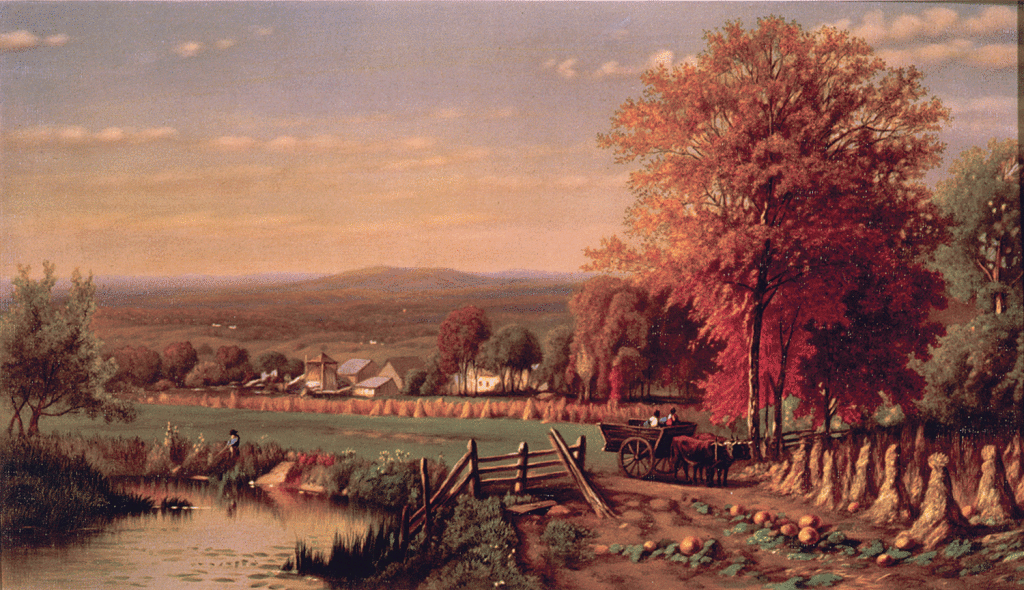
Samuel and Joseph Hicox/Hickok, the two sons of William and Elizabeth Hitchcock, grew up in Farmington. Each of the brothers was married with children when they left Farmington for the new plantation Mattatuck (later called Waterbury), Connecticut, sometime around 1680.
Flaunting Luxurious Habits
The fine material woven by Farmington’s skilled weavers gave townsfolk the opportunity of being on the best dressed list. Farmington folks were not concerned that their fine silk clothing was considered luxurious or gaudy by some Puritans. But Massachusetts Puritans saw things differently.
In 1667 a man from Farmington moved to Massachusetts “carrying thither the luxurious habits of his native village.” The man and “divers persons” were taken to Court for not only “wearing of silk” but wearing it “in a flaunting manner” and “for long hair and other extravagances.”
The Court said this was “contrary to honest and sober order and demeanor, not becoming a wilderness state.” His clothing was not appropriate for the “profession of Christianity and religion.” The Court fined him two shillings and six pence.—Julius Gay, “Farmington Papers,” pp. 160–1.
Mr. Sinner
In the early years anyone who was discovered working,
traveling, hunting, or frequenting an inn on the Sabbath could be prosecuted and fined. Farmington seems to have been especially conscientious about what even those traveling through could do on the Sabbath.
One Mr. North, known as Sinner North, “did not take kindly to Puritan ways and never went to church.” The children called him Mr. Sinner, which he did not mind, because they were respectful. Mr. North lived in Farmington sometime after Joseph and Samuel Hickok had left for Mattatuck or Waterbury as it came to be called.—from Julius Gay, “Farmington Papers,” p. 109.
Farmington Towns
Farmington was later enlarged and eight new towns taken out, including Burlington and New Britain, where the family of Asa Hickok lived, in the early 1800s, before they moved to Lumberland.


